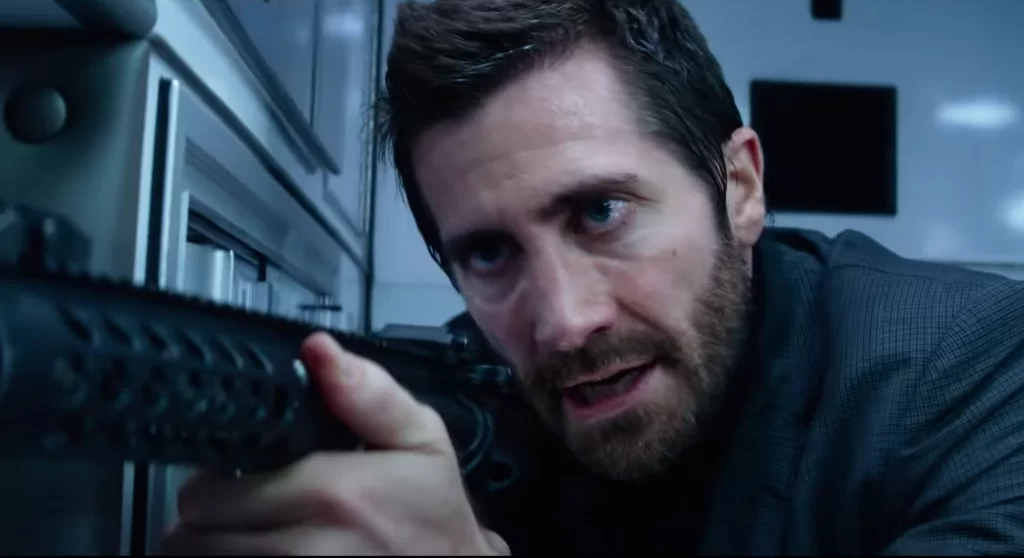On Ambulance, and the Demented Personality of Michael Bay

One of the qualities that I prize most in filmmaking is personality. It’s a quality that’s hard to find these days, at least at the multiplex. The exponentially increasing market share of the Walt Disney Company has crowded out riskier, more adventurous big-budget fare, forcing viewers who crave originality and audacity in their entertainment to flee to the art house or the internet. (Fortunately, there are still plenty of good original pictures being made.) So when a loud, brash action thriller arrives—a would-be blockbuster with no ties to any existing franchise, spandexed hero, or comic book—its mere existence is arguably cause for celebration; when its aesthetic bears the unmistakable stamp of its creator, that sense of collective joy should feel even more profound. And yet: What if the artistic personality that’s being so exuberantly flaunted is—for lack of a more precise critical term—bad?
I’m speaking of Ambulance, and more specifically of its director, Michael Bay. His name is perhaps not the first that leaps to mind when you hear the loaded word “auteur,” yet it’s impossible to deny that Bay has spent his lengthy career polishing and refining his own distinctive brand. It even has its own term: Bayhem. His movies represent less a viewing experience than a visual and sonic assault—a vigorous, over-caffeinated cocktail of metallic carnage, swaggering machismo, and militaristic fetishism. They don’t feature human characters so much as avatars of teenage-boy cool; his heroes are cigar-smoking quipsters who just want to have fun, but they’re also physically gifted warriors whose willingness to disregard societal rules in service of the mission purports to lend them a certain moral integrity. The putative story that unfolds around these muscle-bound he-men is merely a mechanism, a narrative device that assists in achieving the films’ true purpose: blowing shit up real good. Read More
